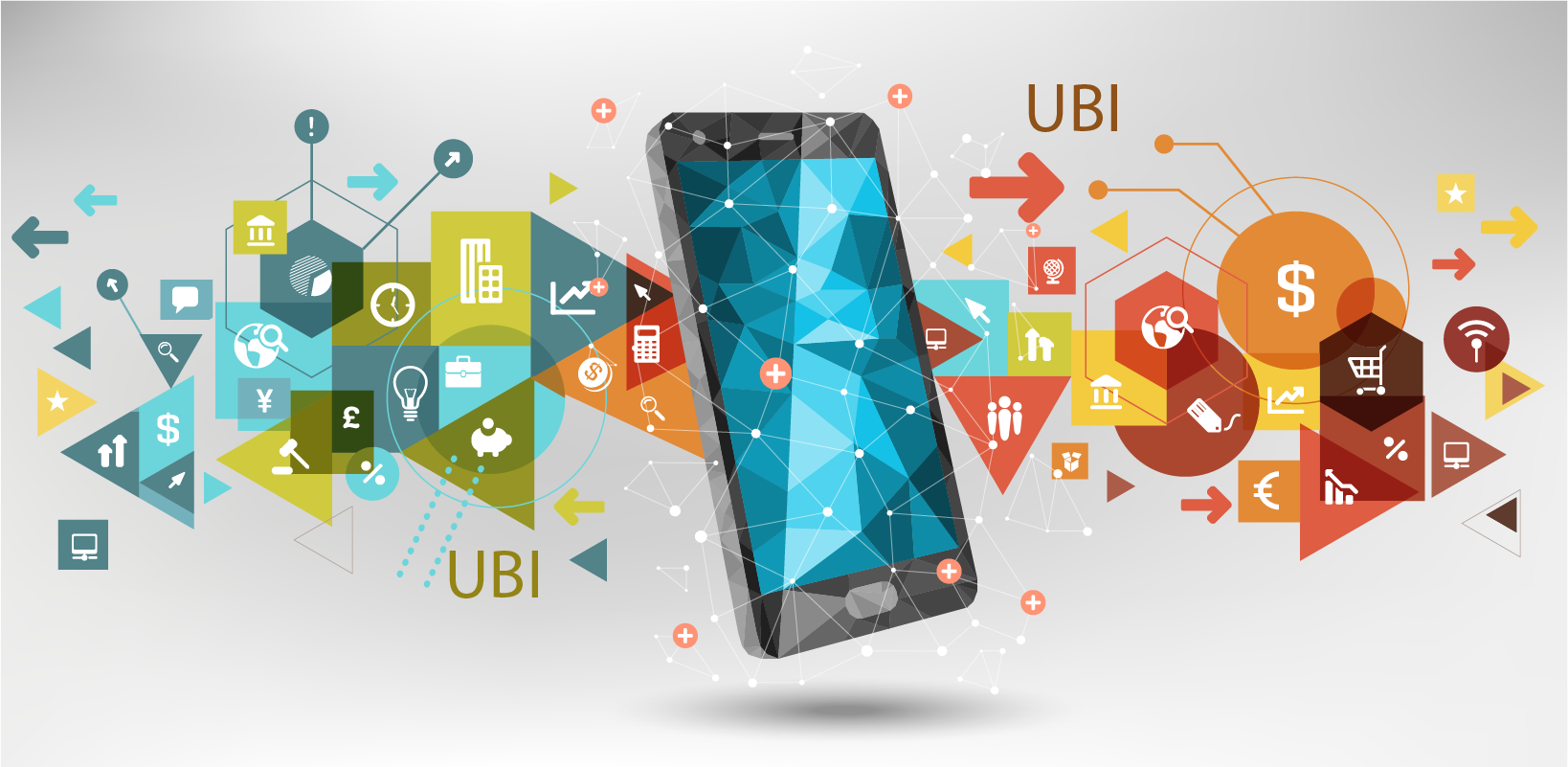How to make redistribution better: Could universal basic incomes help?
UC San Diego's Center for Commerce and Diplomacy (CCD) Affiliate Paul Niehaus and co-authors address this question

In light of the detrimental effects of COVID-19, it is increasingly important to distribute development aid to the world’s neediest countries effectively. Can using universal basic income (UBI)-based methods help? Are there lessons that developed countries can learn as they also consider better means to redistribute wealth? Results from studies to date, although inconclusive, suggest a few ways that UBI may be better than other aid distribution methods. Positive effects include the ability to tailor aid programs to specific situations, improvements in targeting the populations who will benefit the most, and a reduction in corruption. Professor Paul Niehaus, and his coauthors Abhijit Banerjee and Tavneet Suri (from MIT) recently published an article reviewing studies on various cash transfer programs titled “Universal Basic Income in the Developing World.”
The evidence for UBI
Niehaus et al. report a general positive effect of cash transfer programs on individuals in the developing world, including improvements in financial well-being, general health, and school and work performance. The benefits of cash transfers come from the fact that they do not privilege one of these areas over another. While there are essentially no existing studies on UBI, analyzing cash transfer programs can provide insight into how UBI may impact recipients. By definition, UBIs are universal, which means they distribute aid money evenly to all qualified individuals. Recipients can then efficiently allocate that cash according to their personal needs and circumstances. For example, under UBI, an individual will not receive food vouchers if she instead needs water for her fields.
How can UBI help?
Universality reduces administrative costs and decreases implementation errors and corruption. Under traditional aid programs, targeting errors can result in some individuals not receiving aid despite clear eligibility. Delivering UBIs to each adult in a household would be more efficient than giving the same amount of money to a single adult representative of the household (which is how most cash transfer programs work now). If the head of the household does not distribute money efficiently, it can cause hidden poverty, as evidenced in the following sources. One solution for this common problem is UBI.
- Non-poor households house one-eighth of all poor individuals. - “Intra-household Inequalities and Poverty in Senegal,” De Vreyer and Lambert 2016.
- 75% of undernourished children and underweight women are not in the poorest quintile of households. - Nutrition and wealth data from 30 countries in Africa, “A Poor Means Test? Econometric Targeting in Africa,” Brown et al. 2017.
UBI can also help keep aid flowing to underrepresented groups because it is more politically viable than targeted programs. The broad-based eligibility of UBI means that cash will end up not only in the hands of the poorest in the community, but also in the hands of the growing middle class in developing countries. This should make the program popular among large portions of individuals in these countries, thereby ensuring its continued existence.
Finally, UBI could boost community development and create more business opportunities. It may be optimal to target someone a bit better off with the capability to start a business/investment in the community with the UBI, which may create more jobs, or in general improve the market or whole economy. More research, however, is needed on this particular aspect of UBI.
What we don’t know about UBI?
Transfer programs that have been tried and studied so far have not been universal. Instead, they have been targeted to certain individuals or households. We have no data regarding the effects of longer and/or broader cash transfers like UBI on specific markets or economies. Specifically, UBI-mediated alleviation of poverty may boost prices of food and other basic items in certain locations. Small transfers raised food prices in the most remote communities in rural Mexico, whereas less remote communities experienced no change in food prices, according to the forthcoming “The Price Effects of Cash Versus In-Kind Transfers.” (Cunha et al.)
We are also unsure of the long term versus short term effects of UBI on individuals. Will recipients spend money more freely if they know they will keep receiving payments monthly? Current short-term cash transfer programs do little to help us answer this question. To understand whether and how the duration of UBI programs matters, more research regarding separating the effects of current transfers from the effects of anticipated future transfers is needed.
Another question regards the decision between lump sum and small tranche payments. Saving is often hard for people who need aid, so UBI payments can be structured in one lump sum rather than spread out. This will provide individuals with greater decision-making authority over their finances. For example, lump-sum cash transfer might be better suited for funding investment opportunities. Furthermore, UBI could be effective at alleviating credit constraints if recipients had the option of asking to receive several payments lumped together.
Last, is there reason to believe UBIs make people pro-risk? Lack of financial security may be one factor stopping individuals from making risky investments with high returns. We still know very little about the relationship between income and risky investments. This remains an open question for research on UBI and related programs.
Future of UBIs and the political machine
Looking at existing data, and even peeking into the near future, we see that UBI programs are affiliated with domestic politics. In India, a left-wing party is offering UBI, and the right-wing is countering with a “guaranteed” minimum basic income. In the U.S., Andrew Yang proposed a $1,000 UBI in his 2020 presidential campaign. In contrast to these politically motivated UBI programs, there are also NGOs like Professor Niehaus’s GiveDirectly, which distributes UBI on ePlatform. This purposely avoids any possibility of GiveDirectly being used or hijacked for political purposes.
